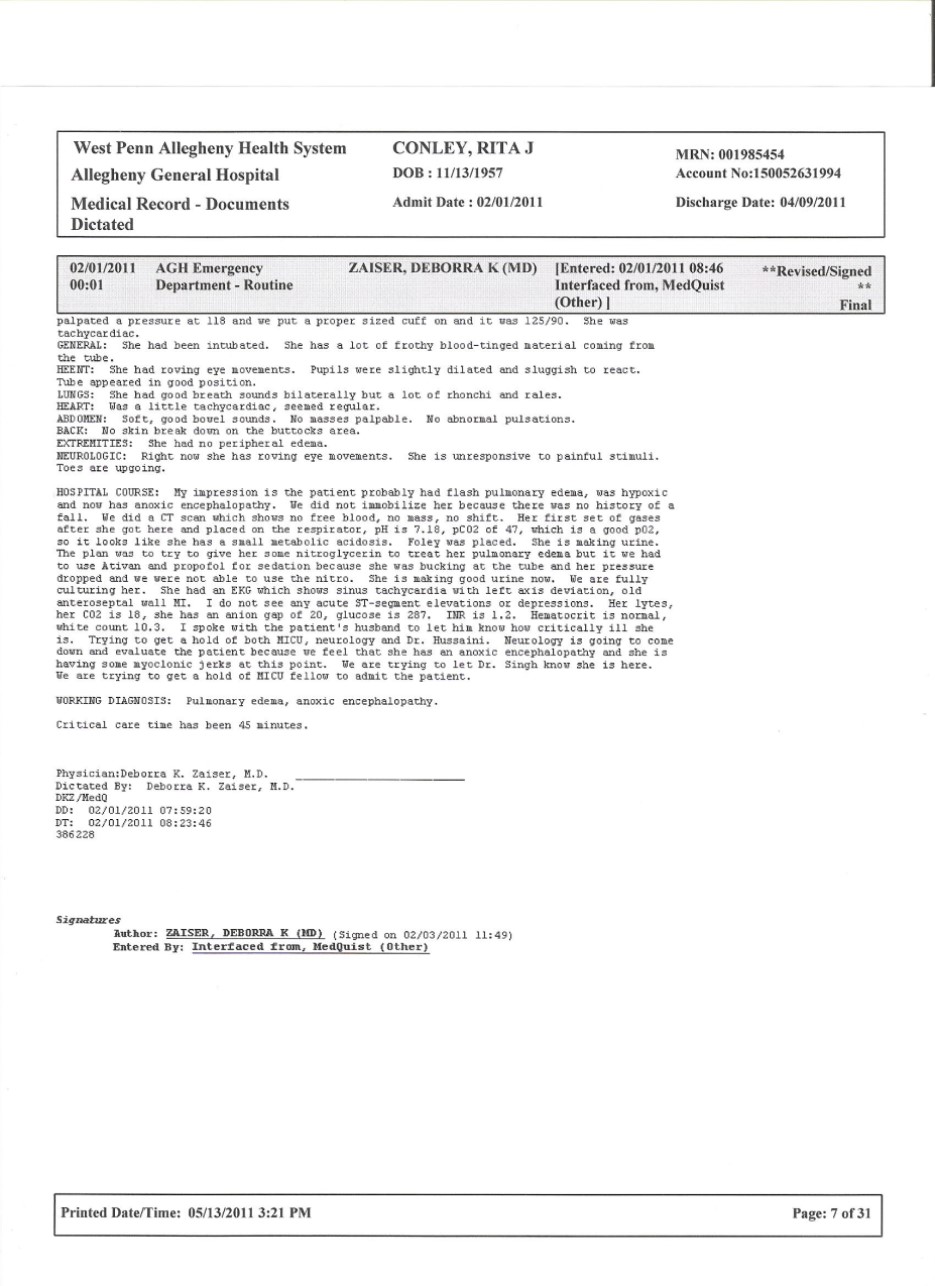
You must receive and stick to your treatment protocols (e.g., prescriptions and counseling) for the SSA to consider you disabled. A determination as disabled for a mental disorder is contingent on compliance to treatment. The more evidence you can collect and give the SSA, the better.

that discuss how your mental illness is impairing your ability to function and work

This makes it substantially harder to prove to the SSA that you are genuinely disabled. Physicians must make diagnoses for mental disorders primarily using just observation and patients’ own reports of their symptoms. Anxiety, for example, does not show up on a CT scan. In contrast, most mental disorder symptoms and signs are subjective in nature and there are few tests that evaluate the severity of a mental condition. Physical impairments are relatively easy to prove with blood work, x-rays, and other objective medical tests. Getting approved for disability is more difficult when your impairment is mental rather than physical in nature. Why are mental illness disability claims susceptible to denial?
WHY DOES SOCIAL SECURITY BOARD VIEW YOUR CLAIM FREE
For help with your disability claim, call the Disability Advantage Group at 86 and request a free consultation. Below, we discuss the top five reasons why mental illness disability claims are denied and how you can improve the chances of winning your case. Unfortunately though, mental illness-related claims are often denied and are much harder to prove than claims for physical ailments. In fact, of all the disability claims the Social Security Administration (SSA) receives each year, roughly a third of them involve diagnoses for mental disorders.

There are numerous mental disorders that can qualify someone for Social Security Disability (SSD) benefits, such as autism, schizophrenia, mood disorders, and anxiety disorders.


 0 kommentar(er)
0 kommentar(er)
